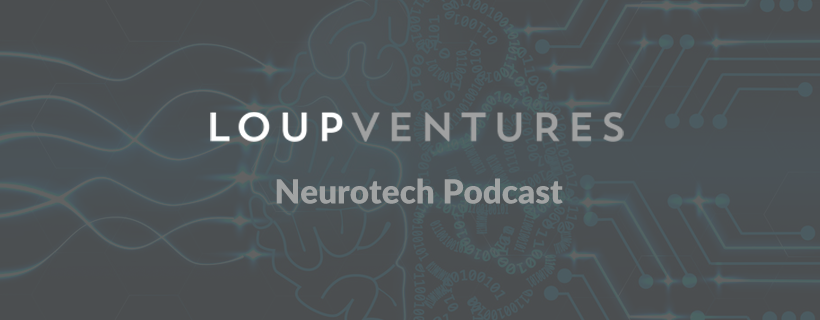Mikhail “Misha” Lebedev, Ph. D. Born and raised in Moscow, Misha came to the United States after the Iron Curtain was lifted to continue studying Neurobiology. He has conducted research in Russia, Italy, Tennessee (where he earned his Ph.D.), Maryland, and eventually landed in his current position as a Senior Research Scientist at Duke University in the Center for Neuroengineering. The major focus of this research is on brain-machine interfaces (BMIs) that enable direct cortical control of assistive devices that reproduce limb movements.
Top 3 Takeaways.
- Sending information to the brain is easier than decoding information from the brain, resulting in faster development of sensory neuroprosthesis. Therefore, we will start to see an increased number of surface level, FDA approved, implantable devices within the next decade.
- Brain-machine interfaces will have a tremendous impact on mental health and could cause a major shift from pharmaceutical treatments to implantable solutions.
- As the BMI sector becomes increasingly tech-heavy, we will see greater involvement amongst enterprises who will bring a multi-disciplinary angle to the sector.
Show Notes.
- [0:55] Misha’s initial spark that fueled interest in Neuroscience.
- [3:40] The encoding and decoding process for BMI.
- [5:50] Obstacles that slow the encoding and decoding process and how to work through them.
- [7:20] The future of FDA approval for implantable BMI devices.
- [9:30] Misha describes what a full body prosthesis is and what it means for people dealing with various forms of paralysis.
- [11:00] Exoskeletal brain control and the future impact on BMI.
- [13:17] The potential impact BMI could have in Mental Health and other functions of the brain.
- [16:14] BMI impacting the way we use pharmaceuticals in treating the brain.
- [17:40] Misha shares his thoughts on the growing interest of private companies in the field of BMI and Neuroscience.
- [19:30] Misha shares his favorite Neuroscience book, Comparative Study of the Sensory Areas of the Human Cortex.
Selected Links.
- Personal Website
- Research
- Comparative Study of the Sensory Areas of the Human Cortex by Santiago Ramón y Cajal
Related Podcasts.
Disclaimer: We actively write about the themes in which we invest: artificial intelligence, robotics, virtual reality, and augmented reality. From time to time, we will write about companies that are in our portfolio. Content on this site including opinions on specific themes in technology, market estimates, and estimates and commentary regarding publicly traded or private companies is not intended for use in making investment decisions. We hold no obligation to update any of our projections. We express no warranties about any estimates or opinions we make.
